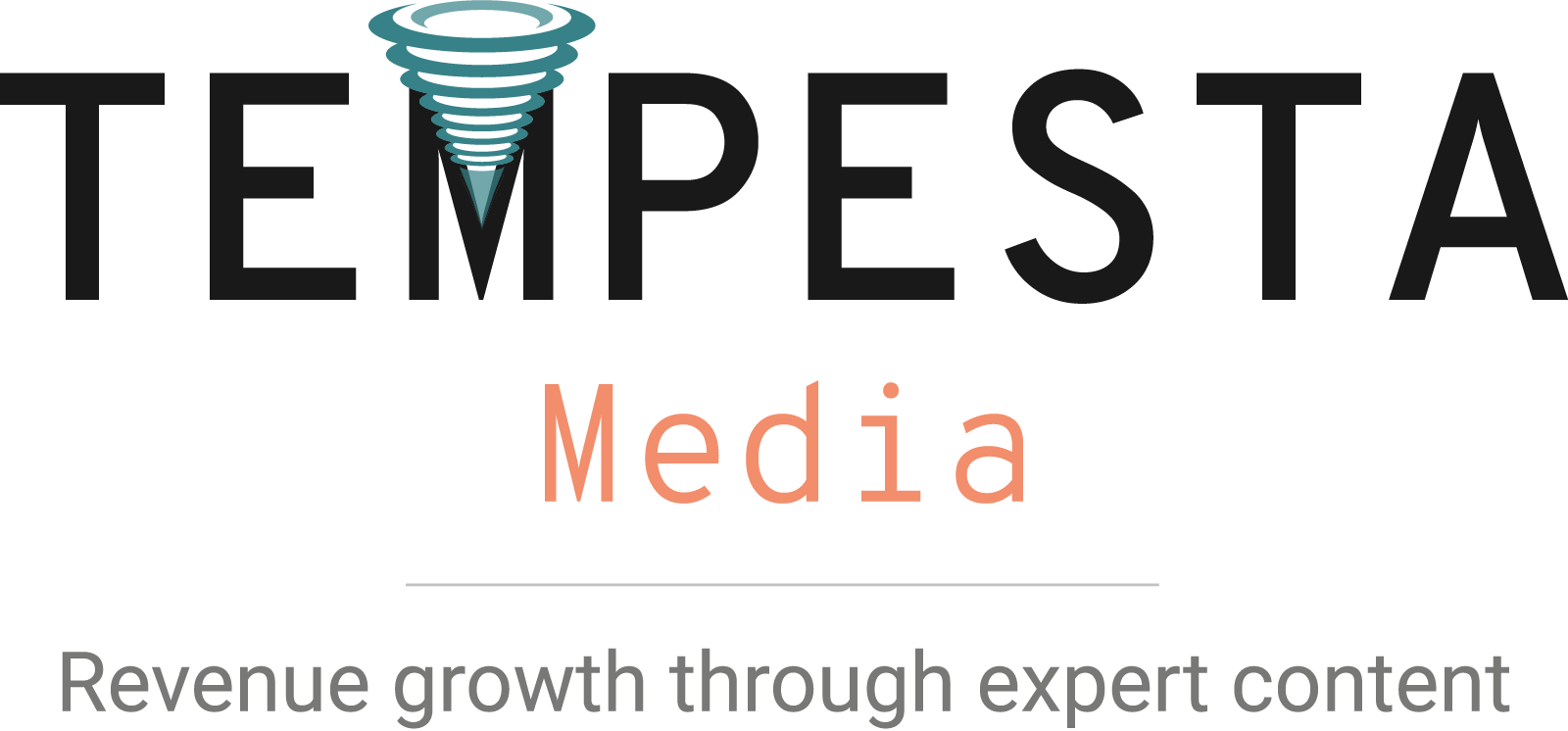Today, it seems like every content marketer is an expert. Everyone is an authority. Everyone is a pundit. Yet many people who present themselves as experts are far from it.
If you present your company as an expert in areas where you don’t have expertise, your prospects and customers will soon realize the deceit. Consequently, this can lead to multiple negative outcomes.
Negative feedback from prospects and customers
Let’s say that you present yourself as a cloud security expert when in reality, that isn’t your expertise. When communicating your ideas and projections about cloud security, your audience will quickly understand that you lack true subject knowledge. As a result, you will lose customers, who now know to ignore your content or even block your emails and social media. And unfortunately, that’s probably the most benign outcome.
A public call-out on your lack of expertise
Customers and prospects may also respond to incomplete or evidently lacking information by publicly “naming and shaming” your company through their personal networks and on social media. This will negatively impact your brand, can invite bad press, and will impact customer onboarding and retention.
Employees will not want to associate with your company
It will become harder to recruit and retain employees if they think your business model is fake or fraudulent.
How can you safely present yourself as an expert?
Acknowledge where you have expertise versus areas where you have general knowledge. Once you’ve candidly assessed your depth of expertise, focus your content and messaging on that narrow area where you are an expert through:
- Blog posts.
- Interviews.
- Case studies.
- Other web content.
 Consider the problems people are facing and the questions they are asking related to your expertise. Your content can respond to questions that you do have answers for and candidly concede when a question is not within an area of your expertise. Customers will respect your honesty, and they’ll value the areas where you do demonstrate knowledge and understanding.
Consider the problems people are facing and the questions they are asking related to your expertise. Your content can respond to questions that you do have answers for and candidly concede when a question is not within an area of your expertise. Customers will respect your honesty, and they’ll value the areas where you do demonstrate knowledge and understanding.
On that basis, you can establish yourself as an expert while you develop further expertise in other areas to broaden the scope of your understanding.
In summary
Be honest with yourself and your audience about your areas of expertise. Amid a playing field of pretenders, you can set yourself apart as an authentic expert through the thoughtful presentation of ideas. With true expertise, you will build trust with customers and gain respect within your field.
Need help?
If you have a content marketing program or are planning one, download our e-book 100 Mistakes Businesses Make When Starting, Optimizing and Scaling Content Marketing Programs.
This e-book will walk you through the mistakes of hundreds of other companies and the challenges they faced in implementing their content marketing programs. To learn more about how Tempesta Media can help you streamline your content creation process and deliver quality content at scale, contact us today.











